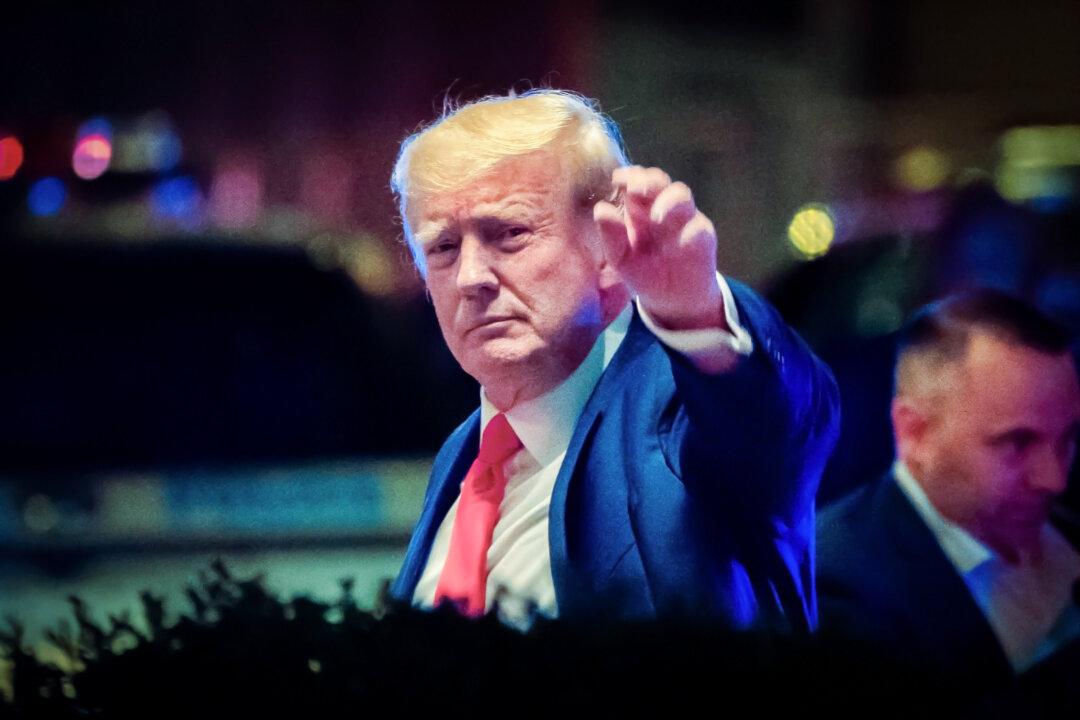Former President Donald Trump and his lawyers can review classified evidence only in a secure place as he prepares for a criminal trial over his alleged mishandling of documents after he left the White House in 2020, according to a judge’s ruling issued on Sept. 13.
The former president—who’s also the frontrunner for the 2024 GOP presidential nomination—was charged along with two aides with illegally storing troves of classified documents at his personal residence and with lying to federal investigators who had sought to retrieve them. Last year, the FBI carried out an unprecedented raid on his Mar-a-Lago, Florida, home before a special counsel was named to investigate.





